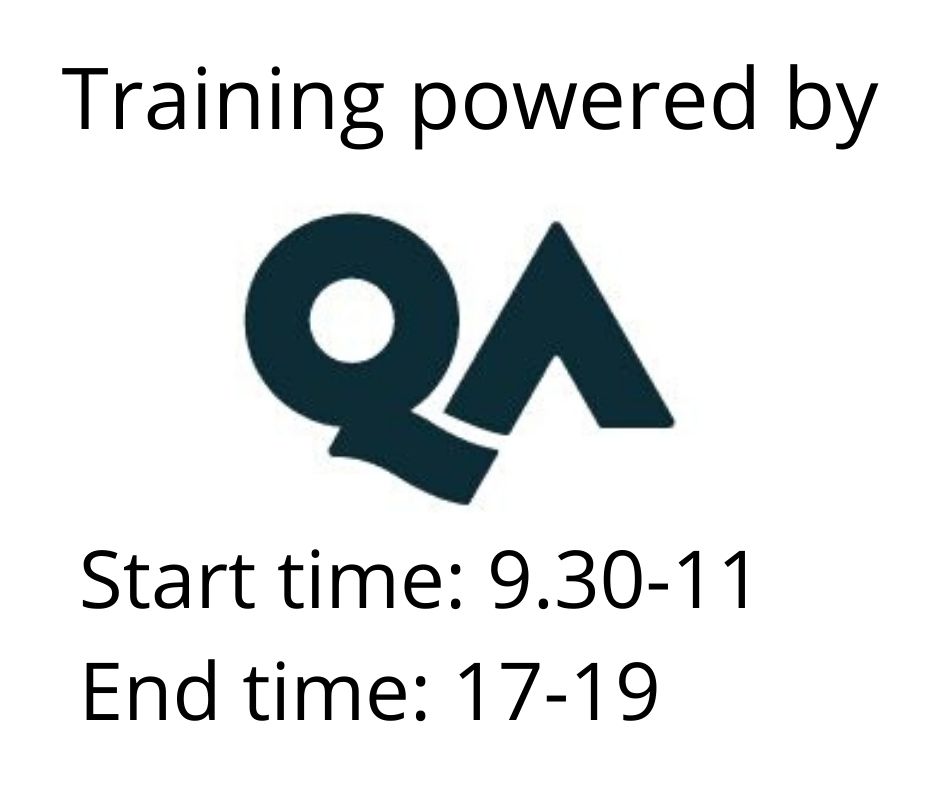ILM Level 2 Award In Leadership And Team Skills
Utbildningsformer
Remote
Längd
3 dagar
Pris
31290 kr
This programme is designed to help team-leaders and supervisors identify the key differences between working within a team, and assisting in the supervision of a team, and to provide them with practical tools to support them.
Programme duration approx 5 months, consisting of pre course work, 3 days classroom training and assignments.
This workshop is highly participative, using facilitated discussion, presentations, validated tools of self-assessment, case studies and group work. The workshop promotes reflective review, and encourages delegates to find opportunities to apply the learning in the workplace. Delegates will complete two work-based learning assignments, which are assessed and verified by the ILM in order to achieve their accreditation.
Target Audience:
This course is designed for anyone aspiring to or new to a supervisory or team leading position who is seeking an industry recognised qualification or for experienced team members wishing to develop their skills for their first supervisory role.
Learning Journey:
At the end of this course you will be able to:
- Recognise the differences between leadership and management
- Describe and apply a range of leadership styles that complement the organisational structure
- Examine the impact of leadership style on team performance
- Appreciate the importance of team performance in achieving organisational objectives
- Recognise and rectify underperformance
- Apply theories of motivation to increase team and individual performance
- Explore the role of leadership and management
- Identify a range of leadership behaviours, values and guiding principles
- Examine the cause and effect of leadership actions
- Enable participants to explore their own leadership styles
- Develop an understanding of the true meaning of performance management
- Promote effective objective setting
- Identify the triggers and causes of underperformance
- Analyse suitable strategies for responding to performance issues
- Address key motivational theories
